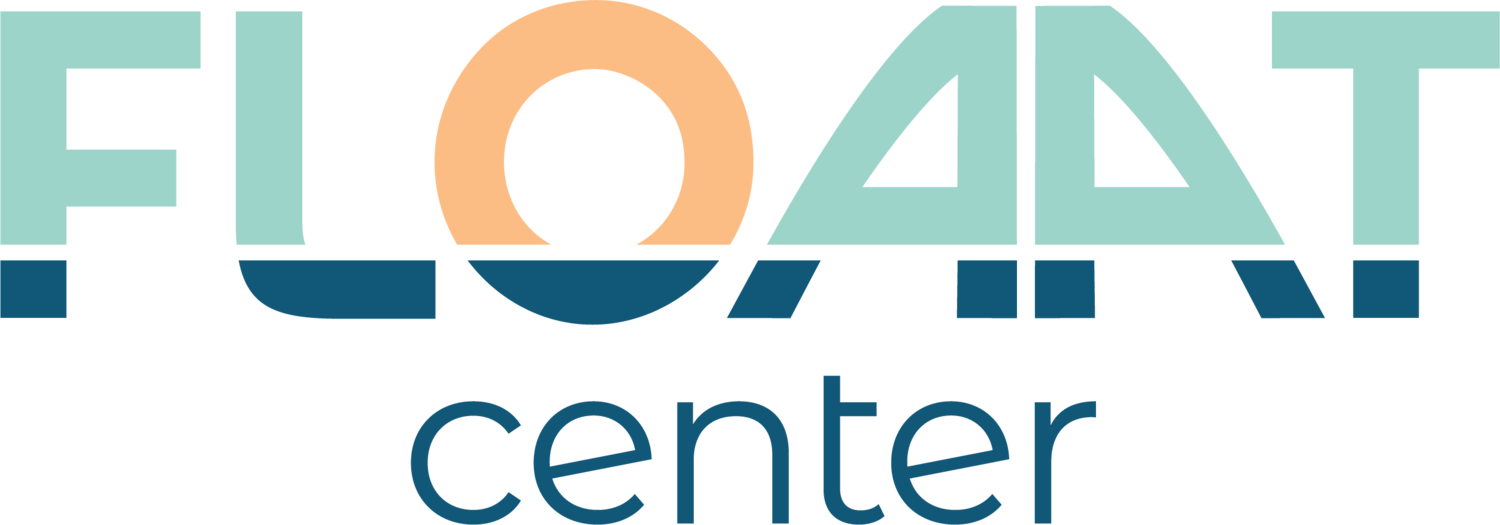What is a BCBA or ABA Therapy?
Author: Mokshvi Shah, BS Northeastern University Student
Published: July 2024
If you've ever dealt with behavioral health, especially in relation to autism, adhd or other
developmental disorders, you might have heard of a BCBA. But what exactly is a BCBA, and
what do they do?
BCBA stands for Board Certified Behavior Analyst. These professionals are experts in behavior
analysis and do ABA Therapy, using techniques like positive reinforcement to help people improve their social, communication, and learning skills. They’re certified by the Behavior Analyst Certification Board (BACB), which ensures they meet high educational and professional standards.
A BCBA has several key responsibilities, including:
1. Assessment:
They start by assessing an individual's behavior to understand what's influencing it. This
involves observing, interviewing, and using standardized tests.
2. Intervention Planning:
Based on the assessment, BCBAs create customized intervention plans to address specific
behavioral issues. These plans aim to encourage positive behaviors and reduce negative ones.
3. Implementation:
BCBAs work with clients, families, and other professionals to put the intervention plans into
action. This can include one-on-one therapy, group sessions, or training for caregivers and
teachers.
4. Monitoring and Evaluation:
To ensure the interventions are working, BCBAs regularly track progress and make necessary
adjustments. They rely on data to evaluate outcomes and refine strategies.
5. Training and Supervision:
BCBAs often supervise other behavior technicians and therapists, providing training and support.
They might also lead workshops and training sessions for parents and teachers.
Where Do BCBAs Work?
BCBAs can work in a variety of settings, such as:
● Schools: Developing and managing behavior intervention plans for students with special
needs.
● Clinical Settings: Providing therapy and support for people with autism and other
developmental disorders.Hospitals: Helping with behavioral interventions in psychiatric units or specialized
departments.
● Private Practice: Offering services directly to clients and families.
● Research: Conducting studies to advance behavior analysis.
What do BCBAs do?
BCBAs play a crucial role in helping individuals with developmental disorders live more
fulfilling lives. By using evidence-based techniques, they can significantly improve social,
communication, and learning skills. Their work benefits not only individuals but also supports
families, educators, and communities in creating more inclusive and supportive environments. If
you or someone you know could benefit from behavioral analysis services, seeking help from a
qualified BCBA can make a significant difference.
